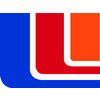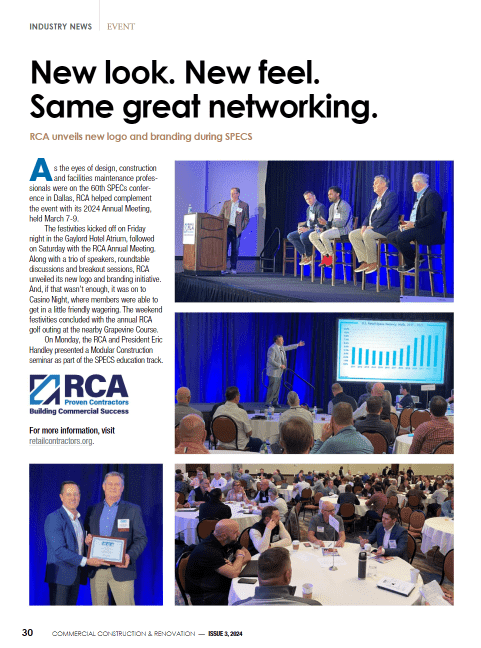Investor relations play a crucial role in the success of any construction company. With investors seeking opportunities to allocate their capital effectively, it becomes essential for construction firms to have a well-defined investor relations strategy in place. This strategy not only helps attract potential investors and ensures transparency, credibility, and effective communication between the company and its stakeholders.
“A well-crafted investor relations strategy serves as a bridge between a company’s management team and its investors, facilitating effective communication, understanding, and alignment of interests,” says investor relations expert Shaun Stephen of Loghic Connect.
When formulating an investor relations strategy in the construction industry, there are ten critical components to consider:
1. Clear and Transparent Communication
Open and transparent communication is the cornerstone of any successful investor relations strategy. Construction companies must establish effective communication channels to keep investors well-informed about the company’s progress, challenges, and prospects.
Updates, timely responses to inquiries, and proactive communication about potential risks are crucial to building trust with investors.
2. Accurate and Timely Financial Reporting
Construction companies must provide accurate and timely financial reports to investors.
These reports should include vital financial metrics, such as revenue, expenses, profit margins, and cash flow. Clear explanations of economic performance and projections will enable investors to make informed decisions and assess the company’s financial health.
3. Project Portfolio Management
Highlight the company’s project portfolio and provide investors with a comprehensive understanding of the pipeline, including upcoming projects, project timelines, and potential risks and rewards.
This information helps investors evaluate the company’s growth potential and assess its ability to execute projects successfully.
4. Risk Management and Mitigation
Construction projects involve risks like delays, cost overruns, or regulatory changes. Construction companies should have a well-defined risk management plan to maintain investor confidence.
Identifying potential risks, implementing appropriate mitigation strategies, and transparently communicating risk management efforts to investors will demonstrate the company’s ability to navigate challenges effectively.
5. Sustainable and Responsible Practices
The construction industry is increasingly embracing sustainable and responsible practices. Incorporating environmental, social, and governance (ESG) factors into your investor relations strategy can attract socially conscious investors.
Demonstrating a commitment to sustainability, safety, and ethical business practices will attract investors and contribute to the construction company’s long-term success and reputation.

Image from: Canva by @khwanchai-phanthongs-images
6. Proactive Investor Relations Team
A dedicated and knowledgeable investor relations team is vital for the effective execution of your strategy. This team should be well-versed in financial analysis, market trends, and investor expectations.
They should proactively engage with investors, handle inquiries, organize events, and maintain strong relationships with the financial community. By demonstrating the value of the construction company’s shares and responding to investor concerns, the team will help build a strong reputation with investors.
7. Robust Reporting Process
Having a robust reporting process in place is essential for accurate and timely communication of financial information. A well-structured reporting system should provide transparent insights into the construction company’s performance, including financial metrics and key performance indicators. Such a process helps build trust with investors, as they can track the company’s progress over time.
8. Leveraging Technology
Technology can be a great tool to enhance the efficiency and accuracy of financial operations. Automated reporting solutions facilitate timely and accurate financial data collection, helping companies make better decisions faster. Similarly, predictive analytics can identify potential risks and opportunities and provide more accurate forecasts for future performance. By leveraging the latest technology, construction companies can gain competitive advantages in their financial operations.
9. Strategic Cost Management
Strategic cost management is an essential component of financial optimization for construction companies. It involves identifying waste areas and implementing strategies to reduce or eliminate them. It can also involve renegotiating contracts, making capital investments in more efficient equipment, or working with suppliers for better deals. Additionally, strategic cost management can help construction companies maximize their profits by optimizing their pricing structures.
10. Managing Cash Flow
Managing cash flow is critical for any business, especially construction companies. A construction company’s success depends on its ability to pay bills and suppliers on time and maintain adequate liquidity.
Sound financial management practices include setting up a budgeting system that tracks spending and revenue, monitoring accounts receivable and accounts payable, and regularly assessing the company’s current financial position. Reducing unnecessary expenses and working with lenders can help construction companies maintain a healthy cash flow.
Stay Up-to-Date with Commercial Construction & Renovation
Construction investor relations are vital in establishing and maintaining solid relationships between construction companies and their investors. These essential practices ensure effective communication, transparency, and trust, ultimately contributing to the success of construction projects and the company’s growth.
Commercial Construction & Renovation is the ultimate resource for industry professionals, providing up-to-date information on trends, strategies, and emerging technologies in commercial construction.
Contact us today for more information and learn more about construction investor relations.
*Featured Image: Canva by Tashi-Delek











 The 2024 virtual Men’s Round Table will be held Q4, 2024, date TBD.
The 2024 virtual Men’s Round Table will be held Q4, 2024, date TBD.











